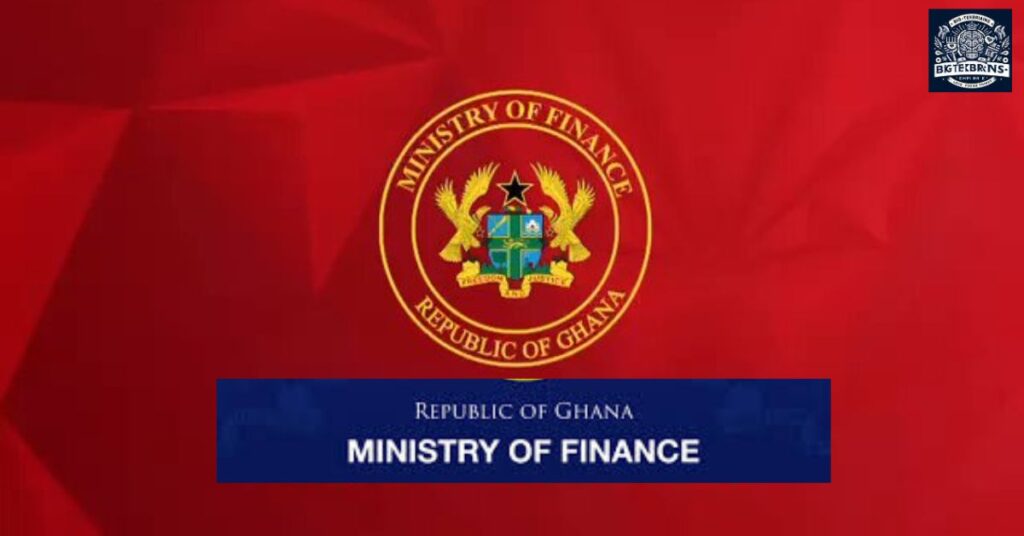Excerpt
The Ministry of Finance (MoF) in Ghana plays a pivotal role in the country’s economic governance, overseeing public finances, formulating fiscal policies, and coordinating developmental strategies. Below is an in-depth exploration of the Ministry, including its historical background, operations, constitutional basis, leadership structure, and current status.
Historical Overview
The Ministry of Finance(MoF) has its origins in Ghana’s colonial administration when financial governance was under the purview of British-appointed officials.
Pre-Independence Era:
- Financial administration was centralized, with limited autonomy for local governance.
Post-Independence Development (1957):
- After independence, the Ministry of Finance was formally established to manage national finances, taxation, and developmental planning.
Modernization and Reforms (1980s–1990s):
- Structural Adjustment Programs (SAPs) introduced by international financial institutions prompted significant reforms, including fiscal discipline and public sector restructuring.
Present Day:
- The MoF continues to lead fiscal policy formulation, economic planning, and national budget management.
Constitutional Backing
The Ministry of Finance operates under various legal and constitutional frameworks, primarily:
1992 Constitution of Ghana:
- Article 174: Regulates taxation and revenue mobilization.
- Article 179: Guides the preparation and presentation of the national budget.
- Article 180: Empowers the Auditor-General to audit public accounts, ensuring transparency.
Public Financial Management Act, 2016 (Act 921):
- Strengthens financial accountability and budgeting systems.
Operations of the Ministry
The Ministry’s functions are broad and vital to Ghana’s governance:
Budget Preparation and Management:
- Coordinates the preparation of the annual national budget.
Revenue Mobilization:
- Oversees the generation of revenue through taxes, grants, and loans.
Expenditure Control:
- Ensures efficient allocation of public funds to government agencies.
Debt Management:
- Manages Ghana’s domestic and external debt.
Policy Formulation:
- Develops fiscal, monetary, and economic policies to promote sustainable growth.
International Partnerships:
- Engages with multilateral organizations like the World Bank, IMF, and regional bodies.
Offices within the Ministry
The Ministry comprises various departments and units, including:
Economic Research and Forecasting Division:
- Analyzes economic trends and provides forecasts.
Budget Division:
- Manages national budgeting processes.
Debt Management Division:
- Oversees public debt portfolios.
Revenue Policy Division:
- Develops and monitors tax and revenue policies.
Treasury Division:
- Manages government accounts and disbursements.
Public Procurement Authority Liaison:
- Ensures compliance with procurement standards.
Leadership and Oversight
The Ministry is led by a Minister of Finance(MoF), appointed by the President of Ghana and approved by Parliament. Key leadership positions include:
Deputy Ministers of Finance:
- Assist the Minister in managing specific areas like tax policy, budget, or international finance.
Chief Director:
- Responsible for administrative oversight and coordination of the Ministry’s operations.
The Ministry is overseen by:
- Parliament of Ghana: Reviews the Ministry’s policies and approves budgets.
- Auditor-General’s Office: Audits financial operations to ensure compliance and accountability.
Method of Appointments
Minister of Finance:
- Appointed by the President and vetted by Parliament.
Deputy Ministers:
- Also, presidential appointees are approved by Parliament.
Civil Service Officials:
- Appointed based on merit through the Public Services Commission.
Leadership
References:
- 1992 Constitution of Ghana
- Public Financial Management Act, 2016 (Act 921)
- Official Website of the Ministry of Finance, Ghana: https://www.mofep.gov.gh
- World Bank and IMF Report on Ghana’s Economy.
- Articles and publications on Ghana’s fiscal policies (e.g., Joseph Ayee, “Ghana’s Economic Reforms”).

